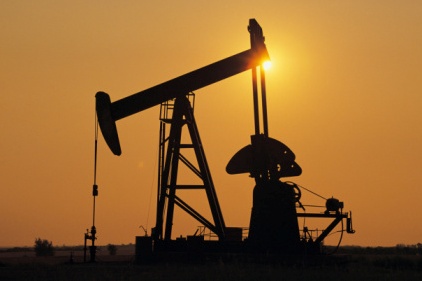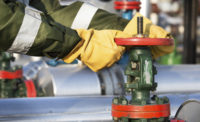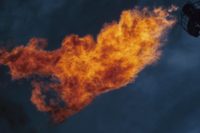 The following is an editorial by Don Briggs, president of the Louisiana Oil & Gas Association (LOGA):
The following is an editorial by Don Briggs, president of the Louisiana Oil & Gas Association (LOGA):
The Gulf of Mexico is the oil and gas hub for the Western Hemisphere with several thousand platforms standing at any given time. As with any industry, safety is of utmost concern. When a platform is built in the Gulf, there are safety concerns for human life, aquatic life, the environment and the Gulf of Mexico itself, to name but a few. However, certain legislation is being proposed in the United States Congress that would be detrimental to the oil and gas industry and have a stifling financial impact on Gulf of Mexico drilling activity – Section 608 of the United States Coast Guard Reauthorization Bill (CGRB), also known as H.R. 2838.
Congressman Jeff Landry (R-LA) recently amended the bill in the House before passing it on to the Senate. Landry’s House amendment includes Section 608 which is language regarding the use of Stand-By-Vessels. The language requires Stand-by Vessels to be located within three miles of every manned oil and gas platform facility in the Gulf of Mexico, including mobile offshore drilling units (MODUs). This requirement would increase cost to oil and gas operations in the Gulf of Mexico by hundreds of millions of dollars.
Few fatalities from hypothermia
The alleged intention of Landry’s amendment of this bill is to improve the ‘safety’ of offshore workers by adding these so-called Stand-By-Vessels. However, the oil and gas industry does not agree with this notion. A recent report by the Bureau of Safety and Environmental Enforcement (BSEE) stated that from the period of 1996 – 2009, there were only three fatalities that were related to hypothermia in the Gulf of Mexico. During this same timeframe, the industry voluntarily reported 1.04 billion man-hours equating to a workforce with an annual average of over 35-thousand personnel.
The industry is projecting that an additional 150-200 vessels would be needed to meet the Stand-By language requirements. Also, additional personnel would be required to operate the additional vessels. All in the name of safety, adding these Stand-By Vessels and personnel would not increase safety, but exponentially increase cost to the oil and gas industry by several hundred million dollars.
Stand-By rule an "onerous" requirement
Regulations already exist using the most efficient technology that is designed specifically to protect offshore workers, and the regulations have been deemed adequate by the regulating bodies. Reports like the BSEE document and historical incident data do not show a need for such an onerous requirement like the Stand-By language pursues.
The Senate has now voted on the bill, passing it out without language regarding Stand-By-Vessels. However, this issue is far from dead. The bill can potentially go before a Conference Committee where the final language would be decided, but this will most likely not happen until after the November elections. If this Stand-By language were to be added in the Conference Committee and passed within the reauthorization bill, the outcome would be stifling for the oil and gas industry and its future production and success.
As the country is already trying to recover from the worst recession since the Great Depression, it is vitally important that the U.S. Congress not create barriers that prevent energy and economic development within the Gulf of Mexico region.
Click here to visit the LOGA website.





